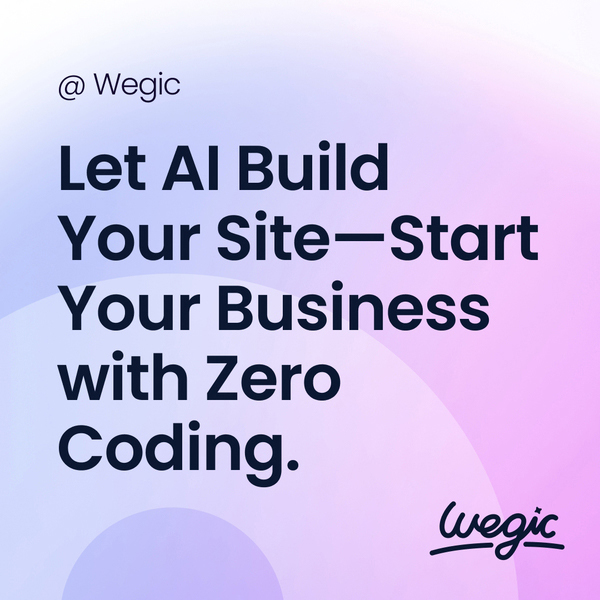Web Programming Tools Explained
How to Master Web Programming Tools
Web Programming Tools
Web developers play a crucial role in the digital age, as they are responsible for creating and maintaining websites that are essential to businesses and organizations. In today’s technology-driven world, having a strong online presence is essential for success, and web developers are the ones who make that possible. In this article, we will explore the role of a web developer, the skills required to be successful in this field, and the importance of web development in today’s society.

The Ultimate Guide to Web Programming Tools
Web Programming Tools
A random website generator is a tool that randomly selects a website for you to visit. It can be a great way to discover new and exciting content that you may not have come across otherwise. These generators can be found online, and with just a click of a button, you can be taken to a new website in seconds.
One of the main benefits of using a random website generator is the element of surprise. You never know what website you will be directed to, which can make the experience exciting and fun. It can also help break you out of your online routine and expose you to new ideas and information.
Another benefit of using a random website generator is that it can help you broaden your horizons. By exploring websites that you may not have found on your own, you can discover new interests and hobbies. This can lead to a more diverse online experience and help you expand your knowledge and understanding of different topics.
Random website generators can also be a great tool for procrastination. If you find yourself stuck in a rut or bored of your usual online activities, a random website generator can provide a welcome distraction. It can help you pass the time and entertain you with a variety of different websites to explore.
Using a random website generator can also be a great way to support smaller, lesser-known websites. By randomly selecting websites to visit, you may come across hidden gems that deserve more recognition. This can help smaller websites gain exposure and build a larger audience.
While random website generators can be a fun and useful tool, it is important to use them with caution. Some websites may contain inappropriate or harmful content, so it is important to be mindful of the websites you visit. It is also a good idea to have a reliable antivirus software installed on your device to protect yourself from potential threats.
1. Type of Website
The type of website you want to build will have a significant impact on the cost. There are different types of websites, such as informational websites, e-commerce websites, portfolio websites, and more. Each type of website has its own unique requirements and features that can influence the overall cost of development. For example, an e-commerce website with features like online payment integration and inventory management will typically cost more to develop than a simple informational website.
2. Design
The design of a website plays a crucial role in its overall success. A well-designed website not only enhances the user experience but also reflects the brand’s identity and values. The cost of website design can vary depending on the complexity of the design, the number of pages, and the level of customization required. Custom-designed websites tend to cost more than using pre-made templates, but they offer a unique and tailored design that sets you apart from competitors.
3. Development
The development phase of a website involves turning the design into a functional website. This includes coding, testing, and optimizing the website for performance. The cost of development can vary based on various factors such as the technology stack used, the number of features and functionalities, and the level of customization required. Hiring skilled developers and programmers can also impact the overall cost of website development.
4. Content Management System (CMS)
A Content Management System (CMS) is a software that enables users to manage and update the content of their website without the need for technical expertise. Popular CMS platforms like WordPress, Drupal, and Joomla offer a range of features and customization options to build and maintain a website. The cost of a CMS can vary depending on the platform chosen and any additional plugins or extensions required for specific functionalities.
5. Domain and Hosting
Every website requires a domain name (e.g., www.yourwebsite.com) and web hosting to be accessible on the internet. The cost of a domain name can range from a few dollars to hundreds of dollars annually, depending on the domain extension and availability. Web hosting services also vary in price based on factors like storage space, bandwidth, security features, and customer support. It is essential to choose a reliable hosting provider that meets your website’s needs while staying within your budget.
6. Maintenance and Updates
Once your website is live, it will require ongoing maintenance and updates to ensure optimal performance and security. Regular updates to the CMS, plugins, and other software components are essential to protect against security threats and keep the website running smoothly. The cost of maintenance can vary depending on the complexity of the website, the level of support required, and any additional services like backups and security monitoring.
7. Additional Features and Functionality
Depending on your website’s goals and objectives, you may require additional features and functionality to enhance the user experience and achieve your business goals. These features can include social media integration, SEO optimization, email marketing tools, contact forms, and more. The cost of integrating these features will vary depending on the complexity and customization required.

Web Programming Tools Solutions
Web Programming Tools
In conclusion, the website design process is a complex and multifaceted undertaking that requires careful planning, research, design, development, testing, optimization, and monitoring. By following a systematic approach and incorporating best practices, you can create a successful website that attracts and engages users, drives conversions, and helps achieve your business goals. Whether you are designing a website for a small business, a nonprofit organization, or a large corporation, the key steps outlined in this article can help guide you through the process and create a website that stands out in the digital landscape.


